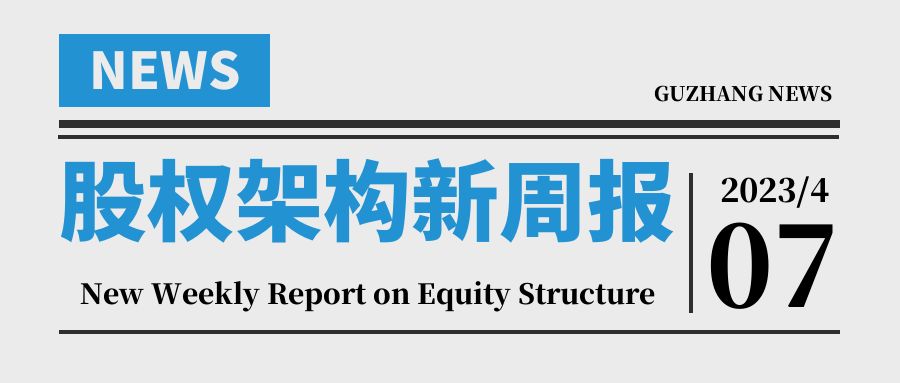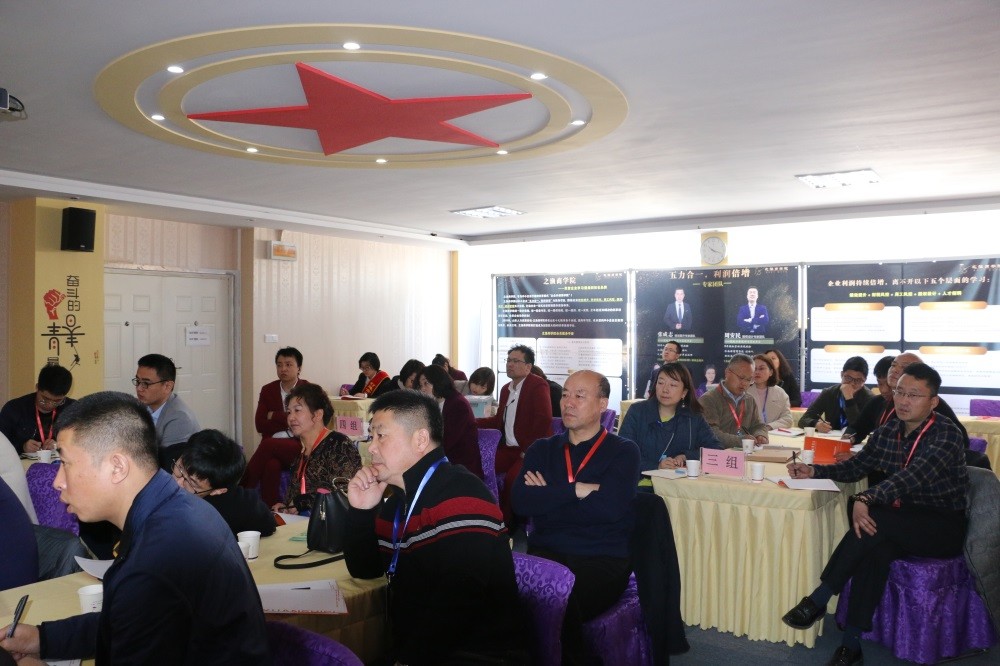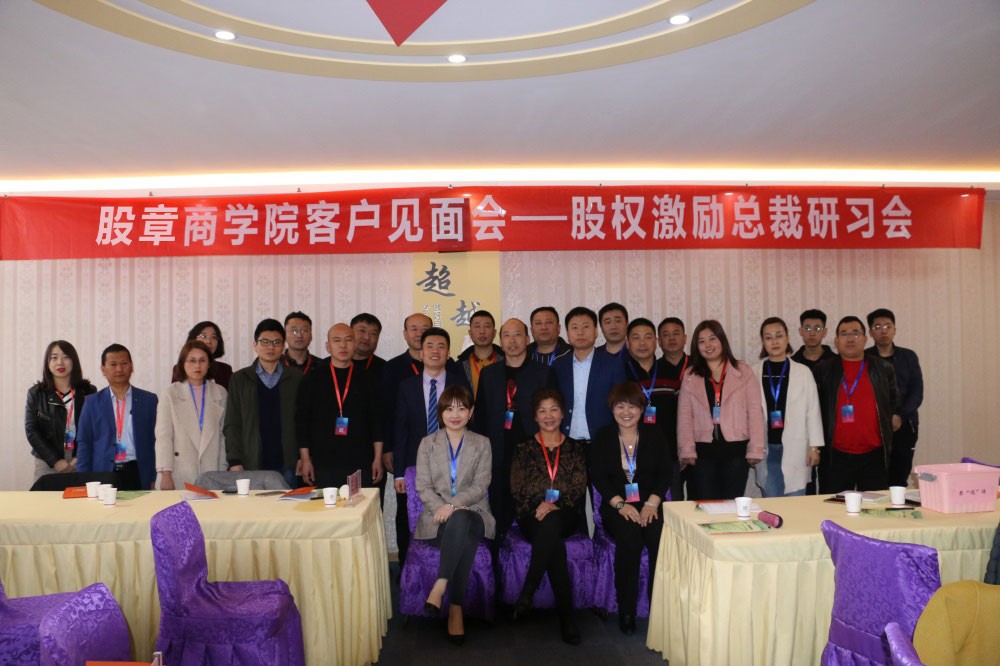如果把創(chuàng)業(yè)看成一場遠距離拉力賽,賽車手可以勝出的原因,至少包括跑道的選擇、賽車手的素質(zhì)與跑車的性能。
If entrepreneurship is viewed as a long-distance rally, the reasons why racing drivers can win include at least the choice of track, the quality of racing drivers, and the performance of sports cars.
跑車賴以啟動的那桶汽油,肯定不是勝出的唯一重要因素。創(chuàng)業(yè)企業(yè)合伙人的早期出資,就好比是那桶汽油。 在過去,如果公司啟動資金是100萬,出資70萬的股東即便不參與創(chuàng)業(yè),占股70%是常識;
The barrel of gasoline that sports cars rely on to start is definitely not the only important factor in winning. The early investment of a startup partner is like that barrel of gasoline. In the past, if a company had a start-up capital of 1 million yuan, it was common sense for shareholders who contributed 700000 yuan to hold 70% of the shares, even if they did not participate in entrepreneurship;
在現(xiàn)在,只出錢不干活的股東“掏大錢、占小股”已經(jīng)成為常識。
Nowadays, it has become common sense for shareholders who only contribute money but do not work to "spend big money and occupy small stocks".

在過去,股東分股權(quán)的核心甚至依據(jù)是“出多少錢”,錢是大變量。
In the past, the core or even the only basis for shareholders to split their equity was "how much money they paid", and money was a big variable.
在現(xiàn)在,人是股權(quán)分配的大變量。
Nowadays, people are the major variable in equity distribution.
我們見到,很多創(chuàng)業(yè)企業(yè)的股權(quán)分配,都是“時間的錯位”:根據(jù)創(chuàng)業(yè)團隊當下的貢獻,去分配公司未來的利益。
We have seen that the equity distribution of many entrepreneurial enterprises is a "time mismatch": based on the current contribution of the entrepreneurial team, the future benefits of the company are allocated.
創(chuàng)業(yè)初期,不好評估各自貢獻,創(chuàng)業(yè)團隊的早期出資就成了評估團隊貢獻的核心指標。這導(dǎo)致有錢但缺乏創(chuàng)業(yè)能力與創(chuàng)業(yè)心態(tài)的合伙人成了公司大股東,有創(chuàng)業(yè)能力與創(chuàng)業(yè)心態(tài)、但資金不足的合伙人成了創(chuàng)業(yè)小伙伴。
In the early stages of entrepreneurship, it is difficult to evaluate each other's contributions, and the early investment of the entrepreneurial team becomes the core indicator for evaluating team contributions. This leads to partners who have money but lack entrepreneurial ability and mindset becoming major shareholders of the company, while partners who have entrepreneurial ability and mindset but lack funds becoming entrepreneurial partners.
我們建議,全職核心合伙人團隊的股權(quán)分為資金股與人力股,資金股占小頭,人力股要占大頭。
We suggest that the equity of the full-time core partner team be divided into capital stocks and human resources stocks, with capital stocks accounting for a small portion and human resources stocks accounting for a large portion.
人力股要和創(chuàng)業(yè)團隊四年全職的服務(wù)期限掛鉤,分期成熟。對于創(chuàng)業(yè)團隊出資合計不超過100萬的,我們建議,資金股合計不超過20%。
The human resources department should be linked to the four-year full-time service period of the entrepreneurial team, and mature in stages. For entrepreneurial teams with a total investment of no more than 1 million yuan, we suggest that the total amount of capital shares should not exceed 20%.





 咨詢電話:
咨詢電話:

